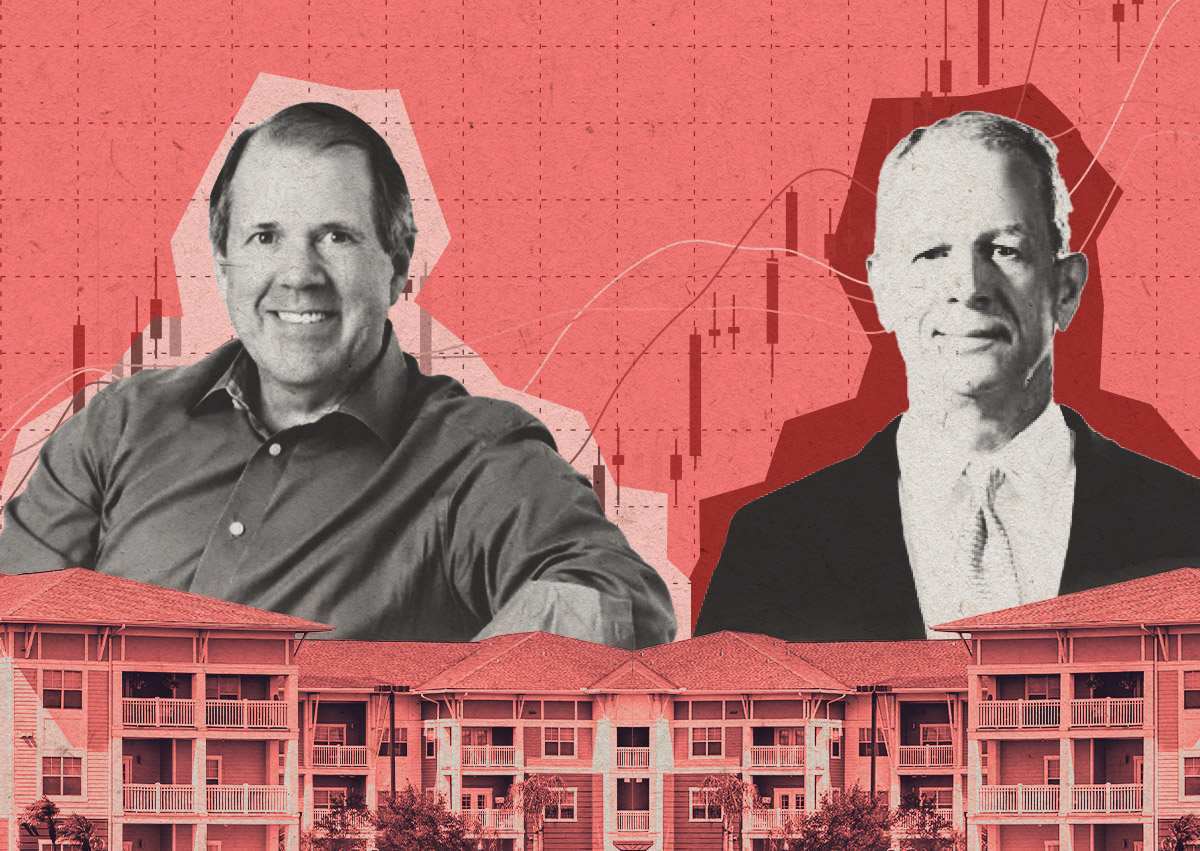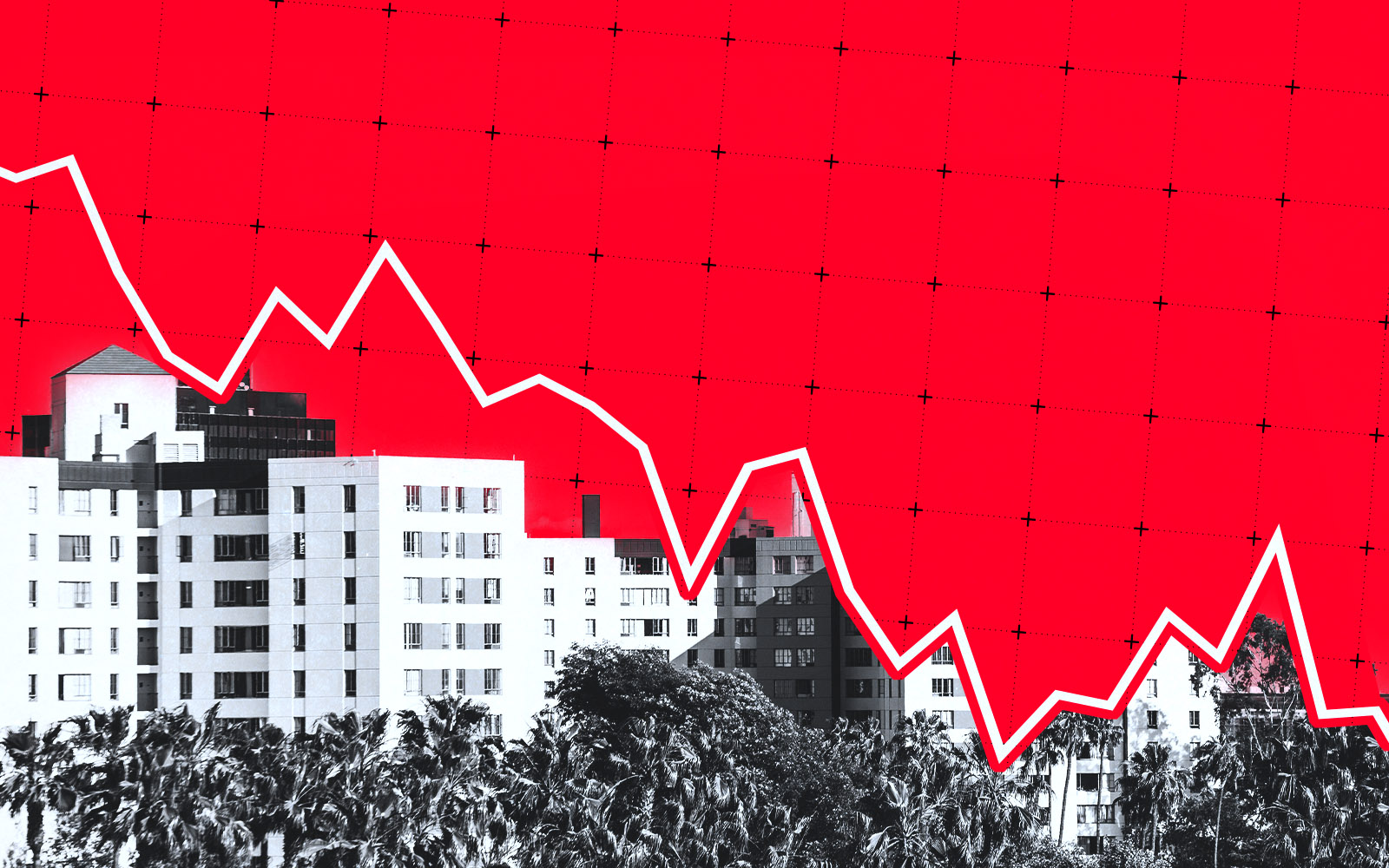Rental rates have declined in the city of Los Angeles, making it the ninth-slowest market for rent growth in the nation, according to a new report from the website Apartment List.
The site’s index measures rent levels using new lease signings, or when a unit is reoccupied after a vacancy. It found Los Angeles rents fell 1.6 percent in May compared to a year ago. Rents also dipped 0.2 percent in May when compared to the previous month of April.
It’s a big change from the pandemic, when demand for apartments was high but supply was low, noted Rob Warnock, a senior research associate with Apartment List. “Even for landlords filling vacancies,” Warnock said, “year-over-year prices are down 1.6 percent.”
He also noted that demand is relatively weak because inflation is high, consumer confidence is low and people are discouraged from making big capital decisions. “It’s still a historically expensive market, which contributes to a pull back in demand,” Warnock added.
Recent median rent in the city of Los Angeles is $1,653 for a one-bedroom unit and $2,183 for a two-bedroom unit, according to Apartment List. The citywide apartment vacancy rate stands at 6.1 percent.
The U.S. city with the fastest year-over-year rent growth is Madison, Wisc. with an almost 11 percent increase from May 2022 to May 2023, according to Apartment List. The Southern California city with the highest positive rent growth is San Diego, which saw a 1.3 percent increase in rents.
Apartment List’s research dovetails with data from another listing site. In a June 9 statement, Redfin announced that asking rents in the U.S. West region declined 2.1 percent in May in a year-over-year comparison. Rents cooled because more multifamily housing has been built recently, which boosts supply, said Redfin researchers.
In this market, property owners will continue to feel mounting pressures on rents, said Chris Gray of Moss & Company, a Sherman Oaks-based company that manages 15,000 units.
“Landlords are seeing insurance costs go up, utility costs go up, as well as increases in costs of labor,” he said.
Also pushing up expenses are state and city laws requiring more thorough earthquake and balcony retrofits. Gray noted that a leftover issue from the pandemic continues to nag; he complained that court calendars are backed up with tenants who didn’t pay rent during the eviction freeze.
Read more



